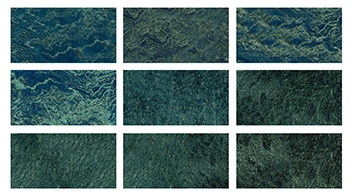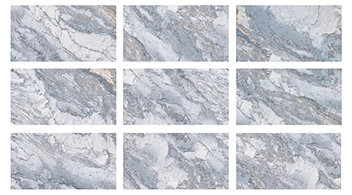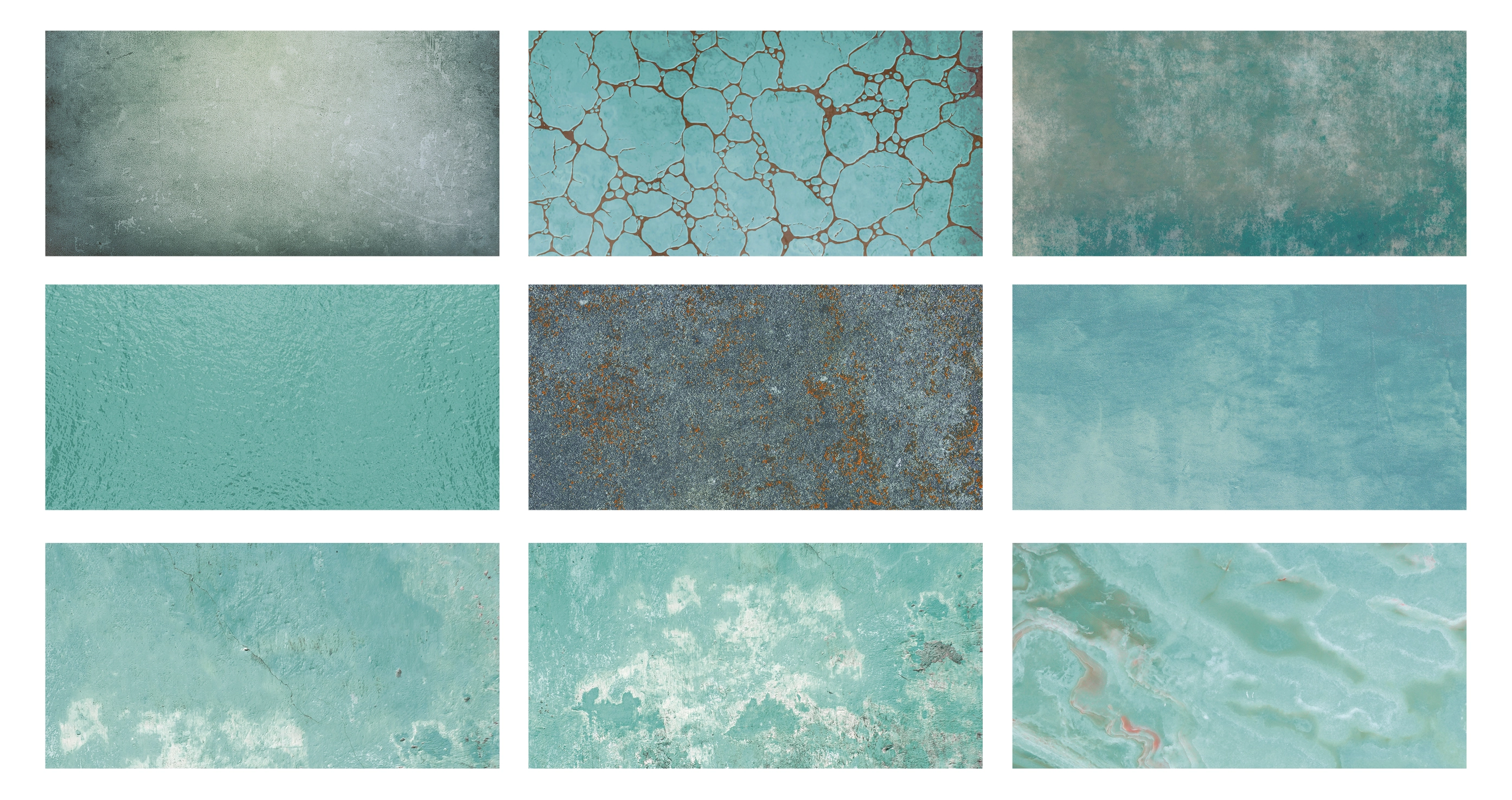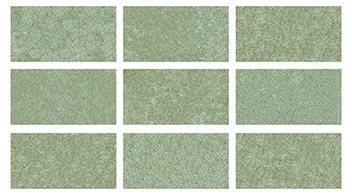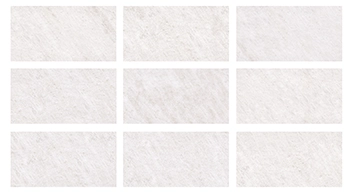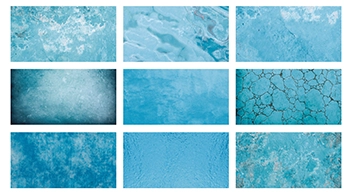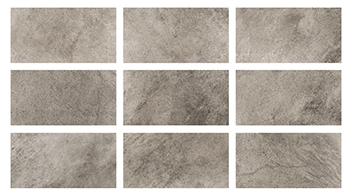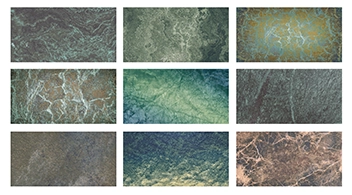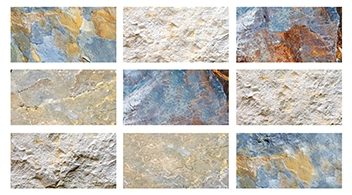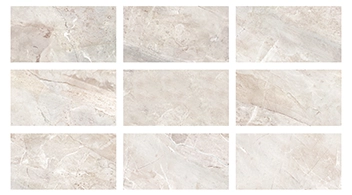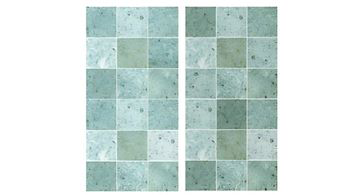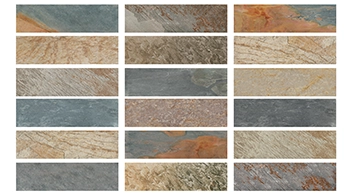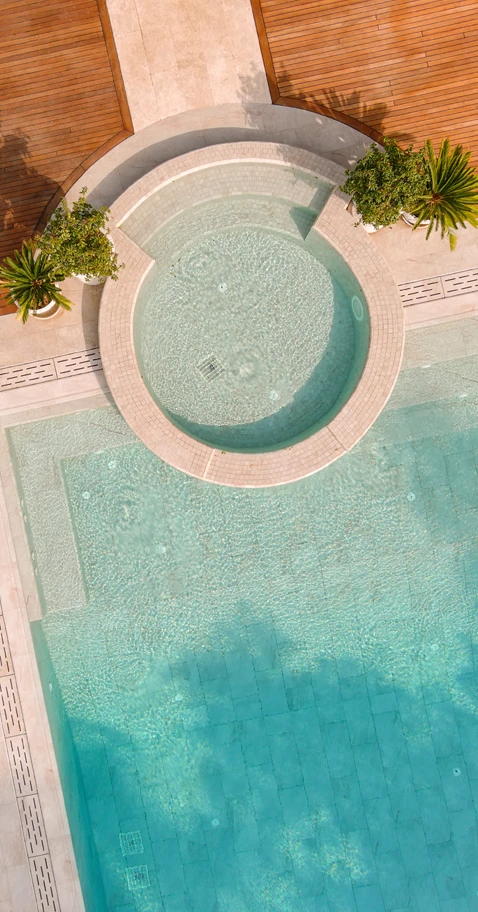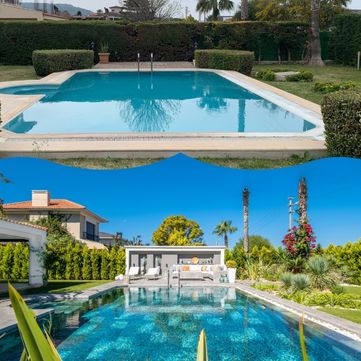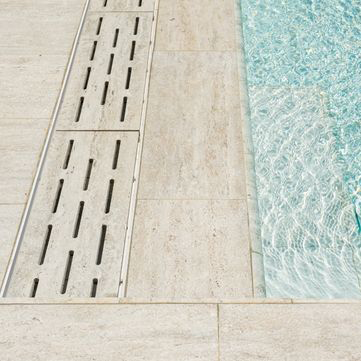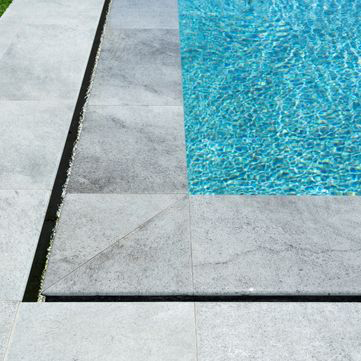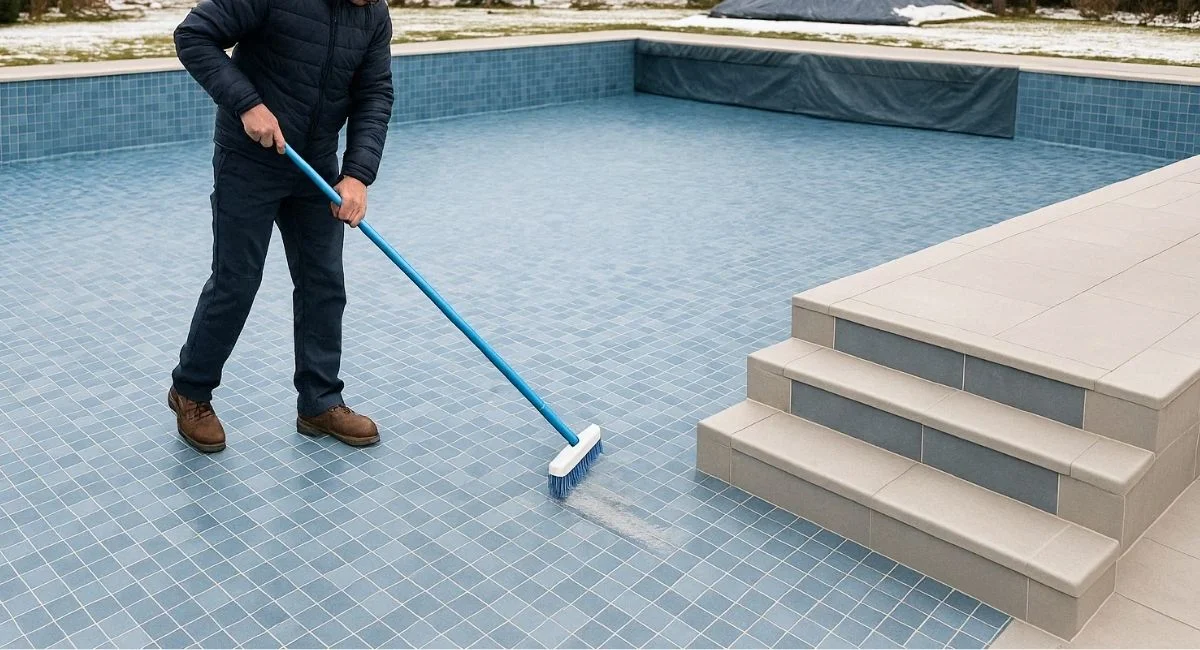
Owning a pool that retains its aesthetic appeal and hygiene throughout all four seasons is only possible with correct and consistent maintenance practices. In particular, winter pool maintenance is critically important to extend the structural lifespan of the pool and ensure a seamless start to the summer season. For both individual users and property owners such as hotels, residential complexes, and social facilities, winter care must be handled with precision to prevent freezing, preserve water quality, and avoid structural damage. In this article, we detail how to perform winter pool maintenance, what winter pool chemicals are used, and which application methods require special attention.
How to Maintain Pools in Winter?
To protect pools effectively during winter, the maintenance process must be conducted in a planned and systematic manner. The first step involves lowering the water level to a point that minimizes the risk of freezing. After reducing the water level, the pool walls and floor should be thoroughly cleaned of any accumulated residue, algae, or dirt. Before deactivating the filtration and circulation systems, all components must be cleaned in detail.
This cleaning phase is essential to maintaining water quality throughout the winter and protecting system parts. After cleaning, winter pool chemicals are added to the water to inhibit microbiological growth and create a chemical barrier against freezing. In the final step, the pool is covered with a suitable winter pool cover to prevent external elements from contaminating the water.
Why Is Winter Pool Maintenance Important?
Conducting regular maintenance during the winter prevents structural deterioration and equipment malfunctions. Low temperatures can cause surface cracks or serious damage to the filtration system due to freezing. Additionally, if the chemical balance of the pool water is not maintained, bacteria, microbes, and algae will multiply rapidly, reducing water quality and increasing cleaning and maintenance costs for the summer. Winter maintenance helps protect the physical structure of the pool while providing financial advantages.
What to Consider During Winter Pool Maintenance?
One of the most important considerations is maintaining the correct physical and chemical balance of the water.
- The water level must be adjusted carefully, keeping the risk of freezing in mind. If left too high or too low, the water may damage the structure and reduce chemical effectiveness.
- Winter pool chemicals must be added in the correct dosage and evenly distributed. The circulation system should run for a set period to ensure thorough distribution.
- Drain pipes, grates, and surrounding equipment should be inspected, and any blockages removed.
- Finally, the pool surface must be covered with a UV-resistant and highly durable winter pool cover to insulate it from external conditions throughout the winter.
How to Maintain Outdoor Pools in Winter?
Outdoor pools are directly exposed to environmental factors and require more extensive care during winter. Instead of being completely drained, the water level should be lowered to reduce freezing risk. The filtration system must be checked and cleaned, and all debris on the surface should be removed. Winter-specific pool chemicals should then be added to the water in accordance with the manufacturer’s instructions.
These chemicals prevent microbial growth and protect the pool structure from deformation due to freezing. With a properly installed cover, debris such as leaves, dust, rain, and snow is prevented from entering the pool, reducing maintenance needs.
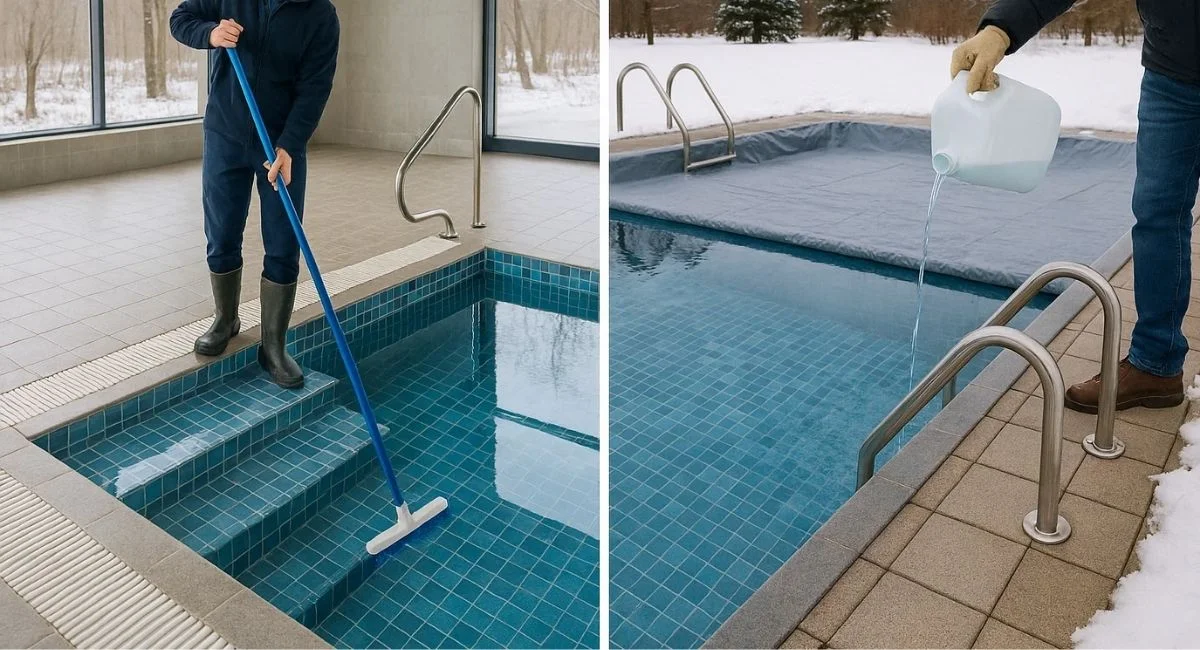
Should Outdoor Pools Be Drained in Winter?
Completely draining outdoor pools during winter is not recommended. This can cause hydrostatic pressure imbalances that lead to structural issues such as cracking, bulging, or sinking of the pool walls and floor. Instead, the water level should be reduced moderately and treated chemically to remain stable during the cold season. This protects the structure and makes it easier to prepare the pool for spring use.
How to Maintain Indoor Pools in Winter?
While indoor pools are not exposed to outdoor weather conditions, they still require winter maintenance. Critical factors include humidity, temperature, and ventilation control. Water should not be drained; instead, circulation systems should operate intermittently to maintain chemical balance.
Ventilation systems must be checked regularly to prevent accumulation of harmful gases such as chloramines. Additionally, winter pool chemicals should be applied regularly to prevent algae and microbial growth, and water analysis must be conducted periodically.
FREQUENTLY ASKED QUESTIONS
Does Pool Water Freeze in Winter?
Yes, if outdoor pools are left without adjusting the water level or applying chemical protection, freezing can occur under low temperatures. This may damage both the pool surfaces and plumbing systems.
What Is a Winter Pool Chemical?
Winter pool chemicals are specially formulated products used to protect pool water from microbiological contamination during cold weather.
What Are the Features of Winter Pool Chemicals?
These chemicals prevent the formation of algae, bacteria, and fungi. They also lower the freezing point of the water and protect the pool from structural damage. In addition, they prevent scale, sediment, and sludge buildup, keeping the pool clean.
What Is the Purpose of Winter Pool Chemicals?
They preserve pool water quality during the off-season, making it reusable in spring without requiring extensive cleaning. They also protect the inner surfaces and equipment of the pool.
How to Use Winter Pool Chemicals?
Measure the chemical according to the manufacturer’s instructions and pour it directly into the pool along the edges. Run the circulation system for a few hours to distribute the product evenly. Once complete, shut down the system and cover the pool with a winter cover for protection.
